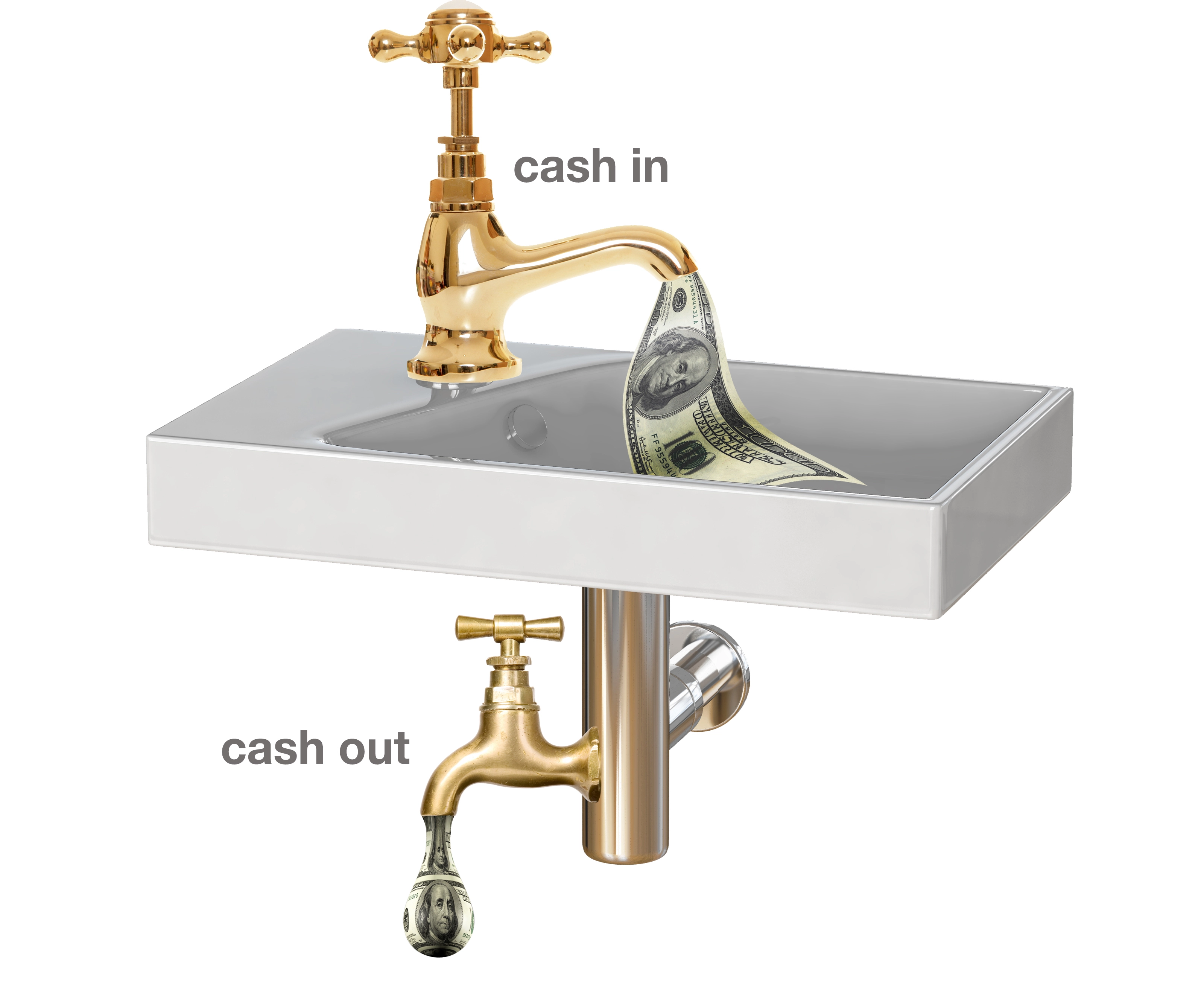Summer is busy. Unfortunately, sometimes summer means sloppy. Policies you enforce when it is slower get ignored because you think you don’t have time to do them. As a result, it’s easy to steal. The thief thinks no one will notice because it is so busy.
The thief is correct most of the time. Then, when he doesn’t get caught, it becomes easier to steal the second or third time. What was a one-time event becomes a habit. This habit increases your cash outgo and decreases your bottom line.
This month I focus on field laziness and theft of materials. Next month I will focus on cash theft.
Here are seven strategies to protect your parts, equipment and materials this summer.
Warehouse Supermarkets
Eliminate your warehouse supermarkets where employees wander through the warehouse and pick the supplies they want to use or think they might use. They will always take more. Then, those parts get left on the job or taken home to stockpile for their own needs.
Salespeople complain that they are too busy to do a material list. When they are busy, it is more critical to create a material list. It’s almost impossible to keep all their quotes and jobs won in their heads. Material lists are essential to ensure the right equipment and material go to the right job. Material lists are also essential to ensuring excess materials are not taken to the job and disappear.
Replace Parts Each Day
Replace service parts from the list of parts used each day. Most computer software programs allow you to print a list of all parts used by technician by day. The replacement parts can be ordered from your suppliers and put back on the trucks.
Service technicians should not have access to the parts room. They should not need any materials that they didn’t use from their trucks. If something must be ordered, then a parts runner should pick it up and either deliver it to the job or put it in the technician’s box in the warehouse.
I watched a technician take an armful of parts one day from an open parts room (it did have a lock on it, but it was open). He didn’t write any of the parts down even though there was a clip board to write down the parts used. I reported what he did to the owner. I never found out whether those parts were stolen.
Watch Copper
Watch copper usage. Since the price of copper is rising quickly, are there line sets taken for every job, even if they are not needed? How about copper fittings? Are they being replaced too often based on the number of jobs performed? Copper is one of the easiest materials to get paid for right now.
Purchase Orders
Each customer should have a separate purchase order which should be tied to a job or a dispatch ticket. There should not be “two motors” ordered because “I need one for my truck.” Did that motor go on the truck or did it disappear? If there is a tool purchase it must go on a separate purchase order. Otherwise, it can get buried.
Even though it is busy, someone checks purchase orders against packing slips and invoices from your suppliers. Doing this ensures you will catch the duplicate parts or tool purchases.
Watch Consumables
Each truck, whether install or service, should have a list of consumables on the truck. Are you replacing, batteries, for example, every day or every week? Is duct tape, caulk, etc. being replaced too frequently. These “little charges” add up to big expenses and loss of profitability.
Scrap Material
Scrap is the company’s property. If someone is taking the removed equipment, etc. and selling it without permission, that is theft. If you don’t want to deal with the scrap materials, you can give permission for employees to dispose it.
One contractor lets their employees take all the scrap and the money that comes from it. There are a few field personnel who always volunteer to break it down and haul it away for the dollars they receive.
Watch Refrigerant
Keep track of when a drum of refrigerant is taken from your warehouse. Then make sure the refrigerant used justifies another drum. Was the 30 pounds used on a job? Or, did some of it disappear? Yes, this takes time to track. It is much cheaper, however, than giving a technician a new drum of refrigerant each week because he “used it all.”
Even though it is busy, invest the time to enforce these seven actions. It will increase your cash flow and your bottom line. u






